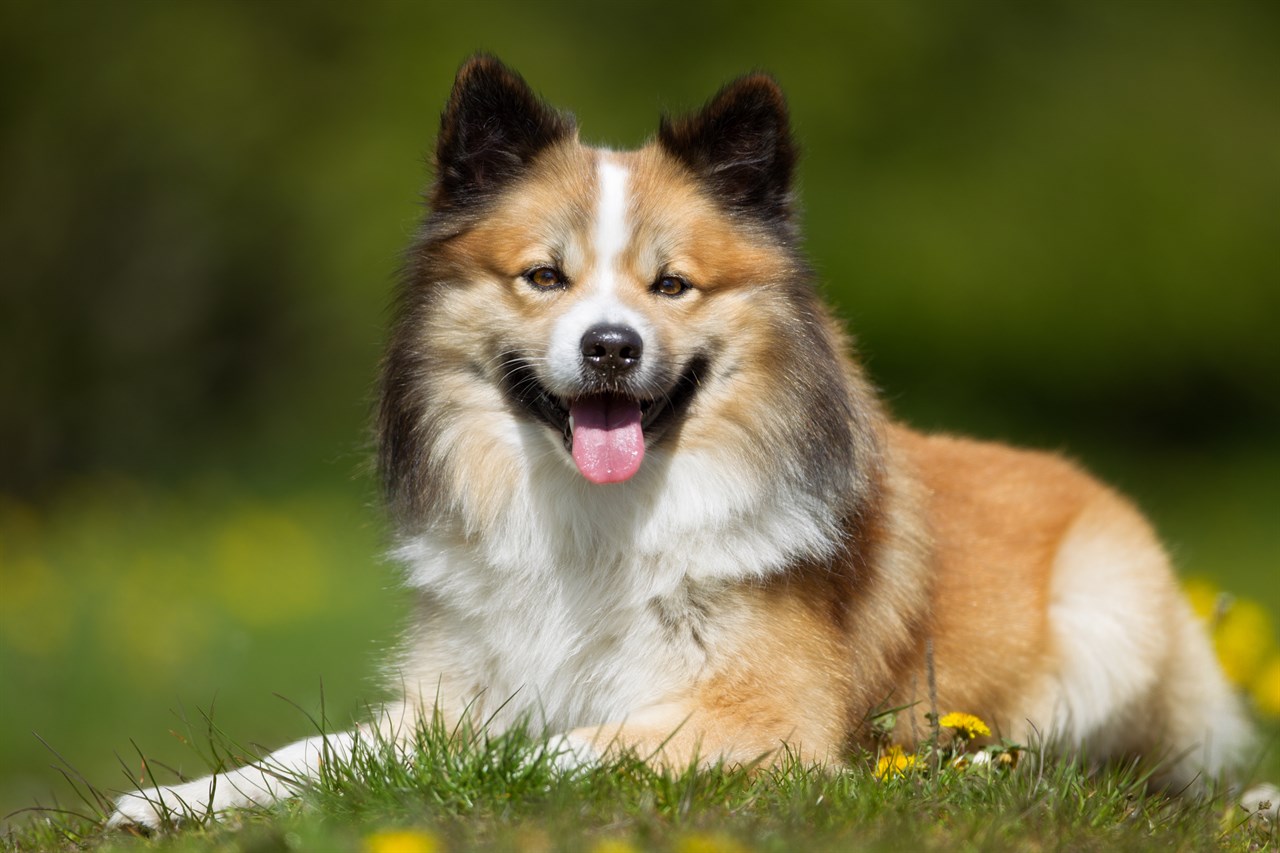Sleeping Requirements and Habits of the Icelandic Sheepdog: Cosy Companions in Rest

The Icelandic Sheepdog, like many dog breeds, has specific sleeping requirements and habits that contribute to their overall well-being. Understanding their natural inclinations and providing a comfortable sleep environment is crucial for ensuring they get the rest they need.
Adequate Sleep Duration
Just like humans, dogs require different amounts of sleep depending on factors such as age, health, and activity level. Adult Icelandic Sheepdogs generally need between 12 to 14 hours of sleep per day. Puppies and senior dogs may require even more sleep to support their growth and cope with the ageing process.
Comfortable Sleeping Area
Providing a comfortable and dedicated sleeping area is essential for the Icelandic Sheepdog's well-being. This could be a cosy dog bed in a quiet corner of a room, a crate if they are crate-trained, or even a corner of your bedroom if they enjoy sleeping near their human family members.
Nesting Instincts
Icelandic Sheepdogs often exhibit nesting behaviours before lying down to sleep. This might involve circling, scratching, or pawing at their bedding to create a comfortable spot. This instinct is rooted in their historical roles as herders, where creating a secure and cosy resting place was essential.
Quality Sleep Environment
To promote quality sleep, create a quiet and dark environment for your Icelandic Sheepdog. Provide a comfortable and supportive bed that is appropriately sized for their breed. Make sure the sleeping area is away from drafts and excessive noise to ensure an undisturbed and restful sleep.
Sleep Patterns
Dogs, including Icelandic Sheepdogs, often experience different sleep phases, including light sleep, deep sleep, and REM (Rapid Eye Movement) sleep. It's normal for dogs to dream during REM sleep, which may involve twitching, paw movements, or vocalisations. These behaviours are usually harmless and a natural part of the sleep cycle.
Observing Changes in Sleep Patterns
While most changes in sleep patterns are normal, it's essential to observe any significant alterations. If your Icelandic Sheepdog suddenly starts sleeping excessively, struggles to settle, or shows signs of restlessness during sleep, it may be an indication of an underlying health issue. In such cases, consulting with a veterinarian is advisable.
In conclusion, understanding the sleeping requirements and habits of the Icelandic Sheepdog is crucial for providing them with a conducive and comfortable environment. By catering to their nesting instincts, providing a cosy sleeping area, and observing any changes in sleep patterns, owners can ensure that their canine companions enjoy restful and rejuvenating sleep.
Icelandic Sheepdog puppies for sale
- Find Icelandic Sheepdog puppies for sale in ACT
- Find Icelandic Sheepdog puppies for sale in NSW
- Find Icelandic Sheepdog puppies for sale in NT
- Find Icelandic Sheepdog puppies for sale in QLD
- Find Icelandic Sheepdog puppies for sale in SA
- Find Icelandic Sheepdog puppies for sale in TAS
- Find Icelandic Sheepdog puppies for sale in VIC
- Find Icelandic Sheepdog puppies for sale in WA